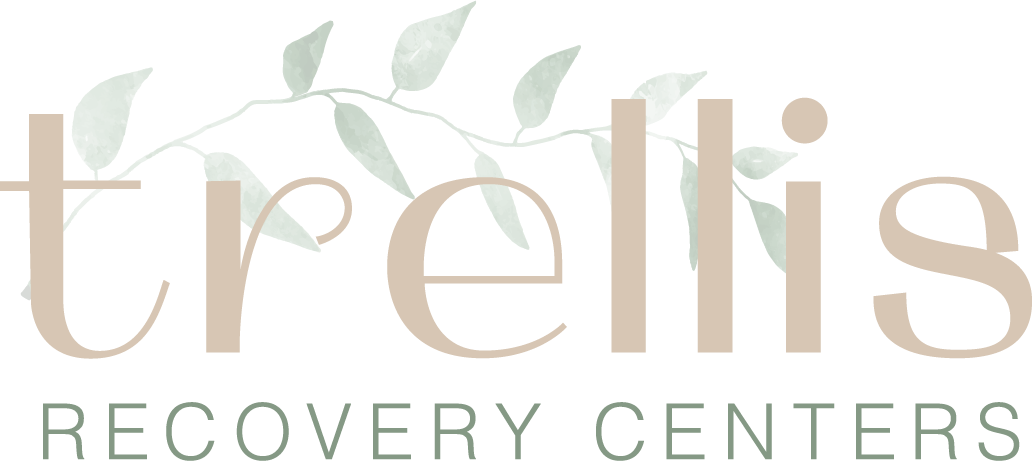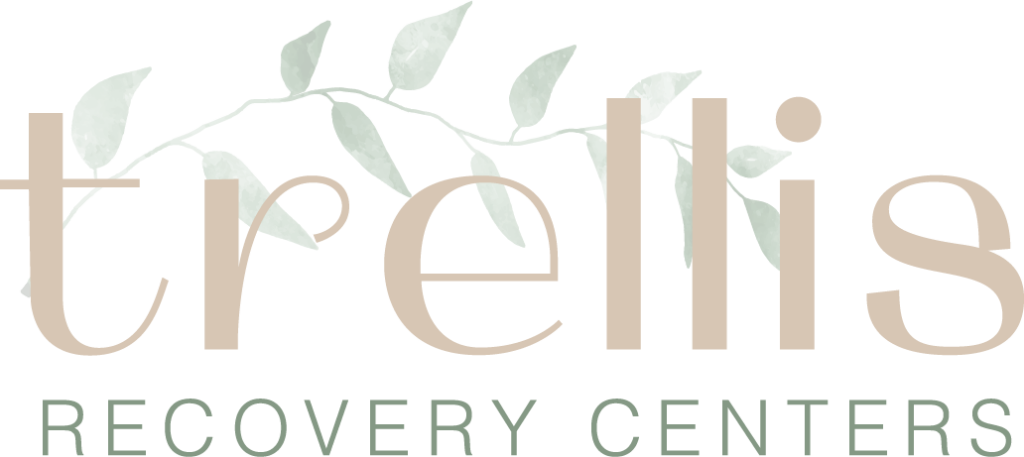Many people are considered, “picky eaters”. However, some individuals restrict foods to the degree that it leads to a reduced quality of life and diminished physical health. This may be an indicator that they are struggling with Avoidant/Restrictive Food Intake Disorder, and medical and psychological intervention is warranted. Trellis Recovery Centers offers a residential program at our treatment center that gives men and women a place for ARFID treatment in Los Angeles, California, that helps them repair their relationship with food and their bodies.
Request a Confidential Callback
What is ARFID?
Avoidant/Restrictive Food Intake Disorder (ARFID) is an eating disorder that leads to restriction in the variety or quantity of food consumed that is not due to limited accessibility of food or another medical condition. This restriction is typically due to sensory sensitivities and fears about physical illness such as vomiting or choking. ARFID symptoms go beyond “picky eating,” and are disruptive to physical and emotional functioning. Left untreated, ARFID may lead to a dependence on feeding tubes or oral supplements.
There is a higher rate of ARFID diagnoses and symptoms in neurodivergent populations, with many of the symptoms of ARFID overlapping with other sensory sensitives seen in ADHD and Autism Spectrum Disorder. Many other individuals with ARFID also have co-occurring anxiety or trauma disorders, and may avoid certain foods due to reminders of traumatic memories or other emotional distress.
Signs and Symptoms of ARFID
The physical signs and symptoms of ARFID have some overlap with signs and symptoms of Anorexia Nervosa such as restriction in calories and nutrients. However, the psychological and behavioral symptoms of ARFID are noticeably different. Unlike individuals with Anorexia, individuals with ARFID often report desiring to maintain a healthy body weight but struggling to find foods that feel “safe” to ingest and subsequently become malnourished.
Some specific behavioral signs and symptoms of ARFID may include:
- Restriction of specific types or textures of food.
- Repeatedly relying on a narrow range of preferred foods which may become narrower over time.
- Lack of appetite or low interest in food.
- Fears of vomiting, choking, or poisoning.
- Wearing oversized clothes or clothes inappropriate for the weather to stay warm.
- Reports of constipation, abdominal pain, and low or high energy levels.
- Nonspecific gastrointestinal complaints around mealtimes.
- Minimal to no body image disturbance or fear of weight gain.
Medical complications of ARFID
There are a variety of medical complications that can occur due to ARFID such as:
- Weight loss or lack of appropriate weight gain in children and adolescents.
- Abnormal lab values.
- Menstrual irregularities or amenorrhea in biological females.
- Stomach cramping, acid reflux, constipation.
- Dizziness or episodes of fainting.
- Sleep and concentration problems.
- Feeling cold even in neutral temperatures.
- Dry skin and brittle nails and hair.
- Muscle weakness.
- Impaired immune functioning.
- Appearance of lanugo (fine hair) on the body to keep the body warm.
- Fatigue and impaired cognitive function.
- Bradycardia and/or orthostatic hypotension.
- Increased risk of cardiac arrest or organ failure.
Some individuals with ARFID may be able to maintain an adequate caloric intake but experience deficiencies in micronutrients due to a limited number of foods that they are able to consume. Others may suffer from more profound deficits in calorie intake due to the kinds of food being avoided and the level of anxiety around food intake.

Why Go to an ARFID Treatment Center?
Individuals with ARFID are not able to easily stop these restrictive behaviors on their own. Given the high risk of medical complications and the difficulties commonly encountered by those who attempt to change food behaviors without clinical support, structured treatment is often necessary. A multidisciplinary team of trained professionals will be able to monitor medical complications of ARFID and will use a variety of interventions to support the rehabilitation of the individual’s relationship with food at our treatment center in Los Angeles, CA.
How Does Treatment for ARFID Work?
Even for clients who are motivated to change, the process of changing food behaviors is challenging and emotionally taxing. Individuals with ARFID will work closely with a registered dietitian, therapist, physician, and psychiatrist during their stay at our treatment center to address behavioral and psychological symptoms.
The dietitian will work closely with the individual to create a hierarchy of foods that cause the client varying levels of distress and will use interventions such as Exposure and Response Prevention to slowly increase the variety of foods consumed as well as the client’s sense of self-efficacy in their ability to do so.
Clients will also have the support of therapists and psychiatrists to explore underlying psychological distress. Using evidence-based therapies, clients will develop increased insight into the function of restrictive behaviors as well as a toolkit of coping skills to help manage emotional distress. Trauma processing and subsequent increased bodily awareness may also lead to a reduction in the sensory disturbances and fears behind ARFID.
ARFID Treatment at Trellis Recovery Center
At Trellis Recovery Center, we look at the whole picture. Our focus on individualized care means that we commit to carefully assessing each client’s behavior, internal emotional experience, sensory sensitivities, trauma history, and co-occurring conditions to create a treatment plan for ARFID symptoms that best meets their needs.
Eating disorder-trained professionals available to each client include:
- Therapists
- Registered Dietitian (RD)
- Psychiatrist
- MD
- Nurses (RN and LVN)
- Chef
- Mental Health Workers
Here at Trellis, we use evidence-based modalities such as Exposure and Response Prevention, CBT, DBT, somatic interventions, and systems-based approaches to offer our clients and their families a holistic foundation for continued healing following treatment. We also offer comprehensive psychoeducation and family therapy sessions with each of our multidisciplinary team members, as we know that residential treatment is only one small step in a longer journey toward full recovery that will be achieved through consistent family support and outpatient care at home.

Begin Healing at Our ARFID Treatment Center in Los Angeles
Has your life been impacted by symptoms of ARFID? If so, you may feel concerned. Trellis Recovery Centers provides well-rounded, family-focused ARFID treatment in Los Angeles, California that helps men and women develop skills and cognitions that will lead to eating disorder recovery.
If you would like more information on how our program works, contact us today.

